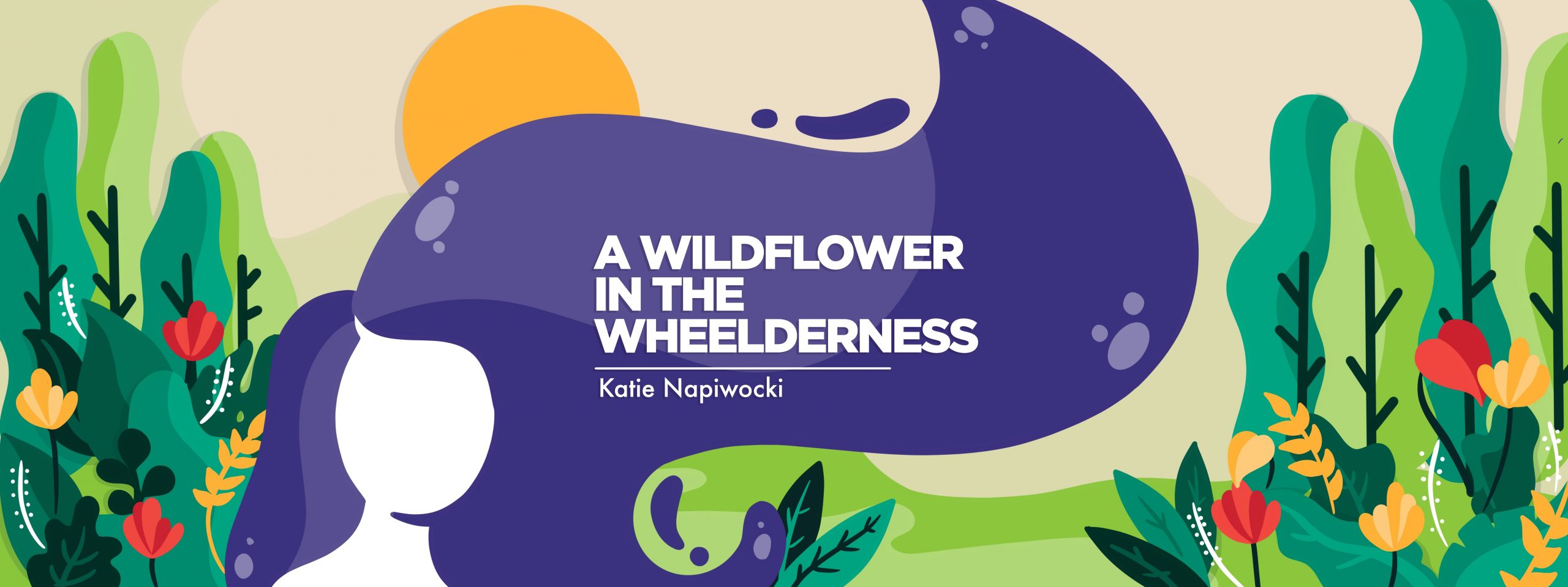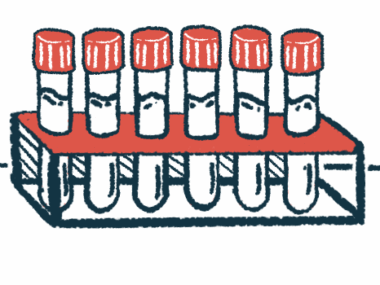Inviting People to Sit at the Table of My Disabled Life
Written by |

I can still see the golden afternoon of my first tea party like it was only yesterday.
I swung open the wooden cottage gate. In the center of a secret garden surrounded by dense evergreen hedgerows, a buffet table sat beneath the spotlight of the sun, awaiting guests. An elegant tablecloth in a rosy shade of silken sand was draped in symmetrical fashion with ceramic pots of all colors and styles madly scattered atop it.
There were tall vessels with thin spouts and potbelly urns filled with sugar and jam, each puffing with glee and dancing in time to lively music. An arrangement of grand chairs transformed guests from ordinary to extraordinary, distinguished as royalty from distant lands.
I sat in a purple chair whose back billowed proudly around me in the same presentation of a blooming peacock, and my spine rose tall like the stem of a wildflower at morning’s first light.
My tea party played out in vivid scenes of nonsensical delight.
I turned 6 that year. I was healing from my first hip surgery. It was a recovery process that landed me in a hospital bed for several weeks with a pink cast that traversed my body from pelvis to toes, and transformed me into a pint-sized movie critic.
In sweet oblivion, I reveled in a world of chocolate milk, popsicles, and crustless peanut butter and jelly sandwiches while my favorite movies fed the hurricane of imagination stirring within my mind — one of which was Disney’s “Alice in Wonderland.”
Six is a whimsical age. The sky is always open; the veil between dimensions thinner than skin. We build empyrean treehouses from tired old wood, and magnificent castles from frail bits of scattered shoreline. We live in a flood of watercolors where labels seldom adhere and have no real staying power.
I required round-the-clock care, but I didn’t feel like a burden as a kid, nor did I feel the weight of SMA on my shoulders. I wasn’t apologetic for my disabled life since I didn’t know I had anything to be sorry for. So far, I hadn’t identified with my disability — we had formally met, but nobody had yet suggested that I should treat it like the uncool kid on a playground and abandon it swiftly.
Once the haberdashery magic of childhood was tailored and retrofitted into nothing more than a costume of quirky memories, I found myself confronted with the complexity of modern relationships.
Looking back on particular episodes of my teen and adulthood years, I notice myself immersed in various relationship styles that didn’t serve my mental health in a positive manner. These relationships — friendships, familial, employment, academic, and romantic endeavors alike — were malnourished, unbalanced, and void of uplifting reciprocity.
At times, society blatantly pointed me toward a spell in the timeout corner for being a strain on the norm. And at times, I thought I needed to keep any and every person in my life, no matter how toxic the relationship, out of fear I didn’t have the upper hand in a situation.
While I may not have had any say in the waves of hardships that crashed my enchanting garden party with SMA, I do have a say in the allies who deserve a seat next to me at the table of my life.
Becoming older, I revert to the speech of my childlike heart and wondrous sense of lucidity. I’ve grown less and less sorry for my disabled experience, while becoming curiouser and curiouser about my ability to weed out the negativity and invite only those who elevate my sense of self-worth.
People are resources. Living with a disability, we sometimes feel compelled to remain a peacekeeper, quietly retaining any resources we might have. We sometimes feel obligated to hold gratitude in relationships or social constructs that actually impose great disservice to our mental and emotional health.
No matter who you are, disability or not, you’re worthy of spirited, empathetic, and encouraging guests at your party. You’re worthy of people who recognize the gifts you bring forth to the world. And if you look into someone’s eyes — whether family, friend, or acquaintance — and the reflection you see makes you feel like less instead of more, like an albatross instead of a unicorn — travel to a brave place within yourself and excuse them from your table. Excuse them with a voice resounding of conviction and gumption.
Their empty chair might be intimidating at first. You might swallow a little harder as the earth seems to grow in shadows around you. But the feeling won’t last forever. Acts of self-love are a calling to others, a string of lanterns in the dark.
Paint the roses whatever color suits you, and invite only the most deserving guests to a seat at your table.
***
Note: SMA News Today is strictly a news and information website about the disease. It does not provide medical advice, diagnosis, or treatment. This content is not intended to be a substitute for professional medical advice, diagnosis, or treatment. Always seek the advice of your physician or other qualified health provider with any questions you may have regarding a medical condition. Never disregard professional medical advice or delay in seeking it because of something you have read on this website. The opinions expressed in this column are not those of SMA News Today, or its parent company, Bionews, and are intended to spark discussion about issues pertaining to spinal muscular atrophy.








Leave a comment
Fill in the required fields to post. Your email address will not be published.